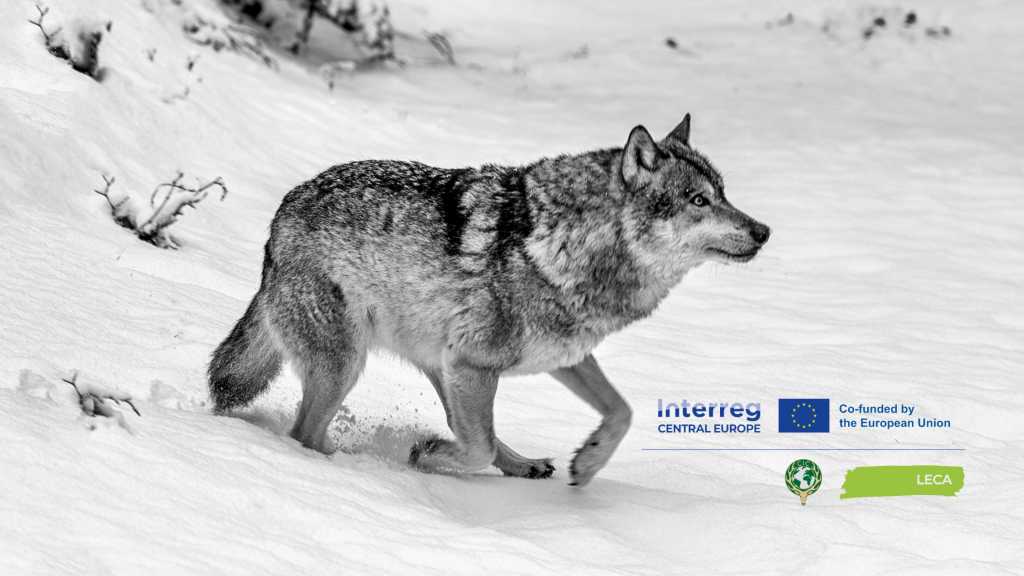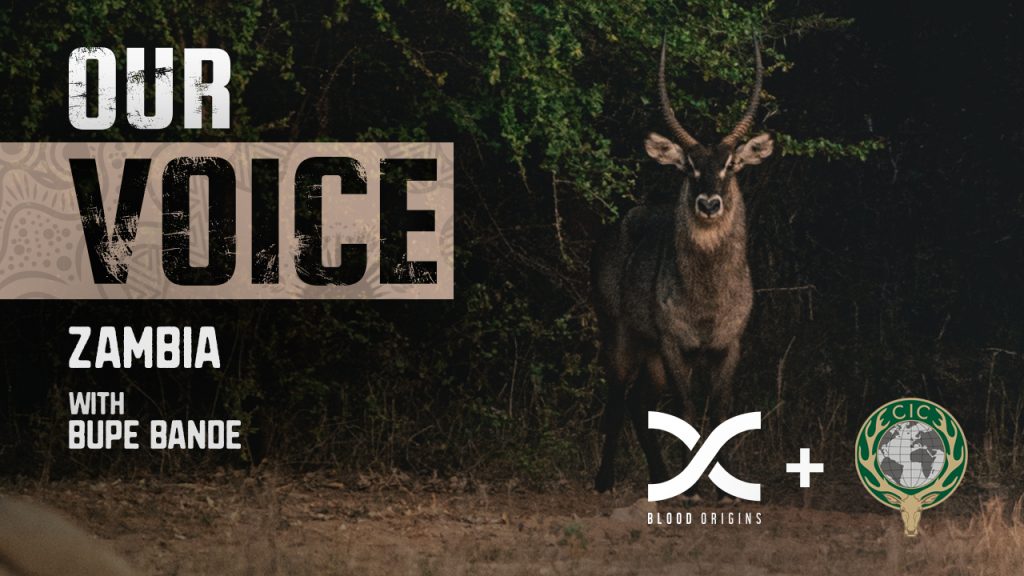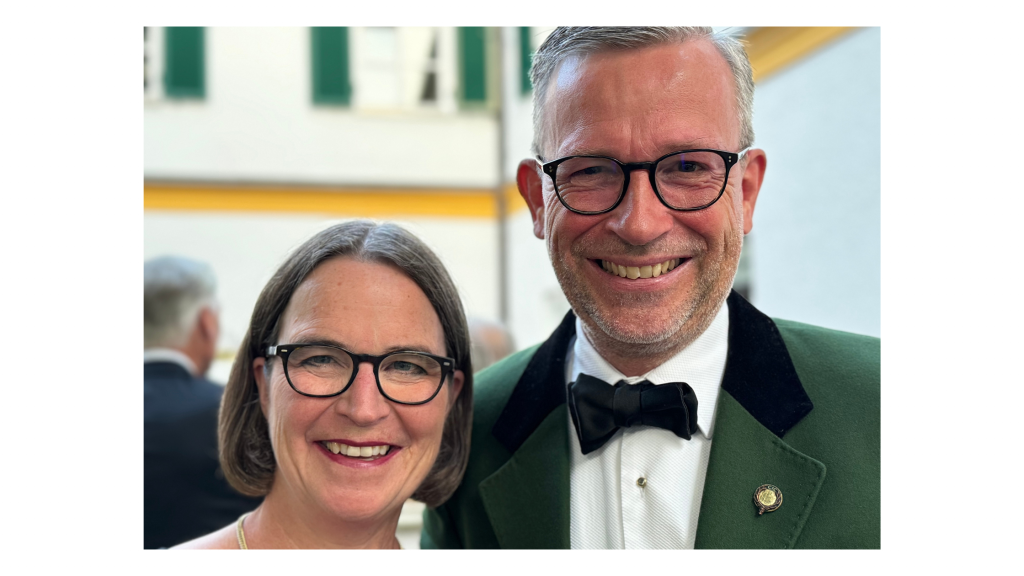Home » Bridging Humanity: Unveiling the Untold Stories of Hunting and Conservation
Bridging Humanity: Unveiling the Untold Stories of Hunting and Conservation
[acf_flexible_content]
Facebook
X
LinkedIn



